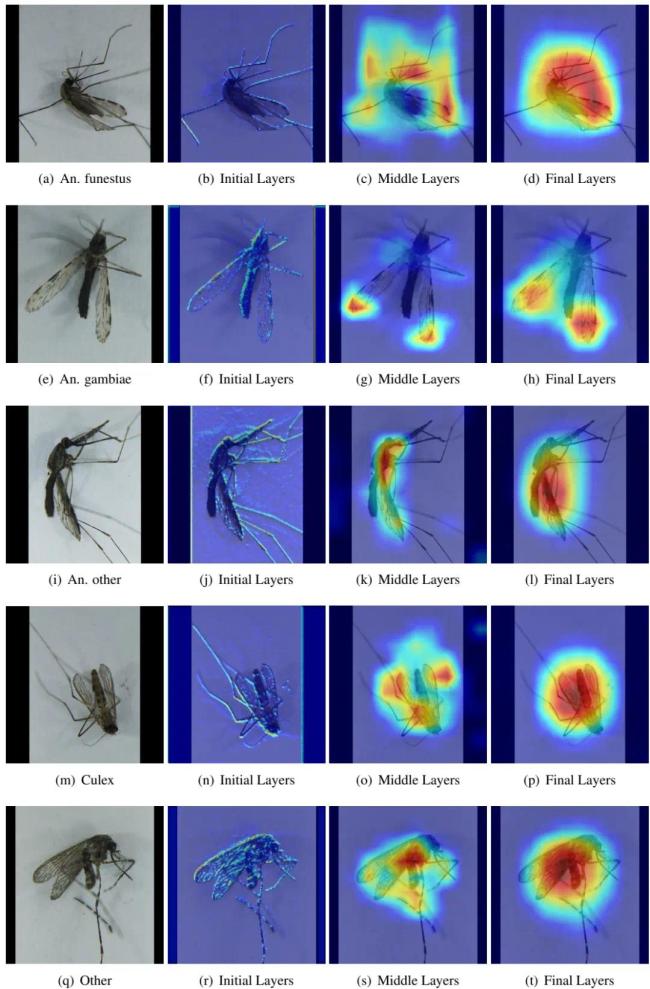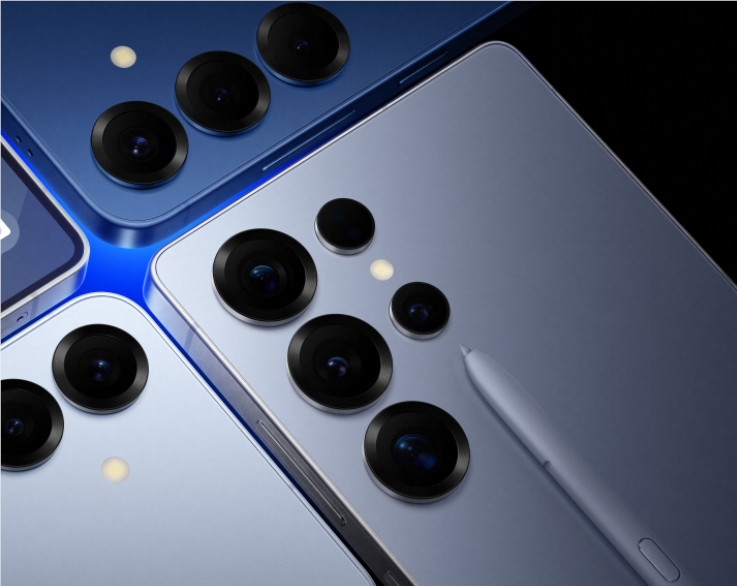Among the deadliest animals worldwide, mosquitoes undoubtedly hold the top spot, with approximately 725,000 people succumbing to mosquito-borne diseases each year, particularly malaria. To address this public health crisis, the former world's richest man, Bill Gates, has recently introduced two revolutionary technologies: VectorCam and HumBug.
VectorCam is an innovative mobile application that allows users to quickly identify the species, gender, and blood-feeding status of a mosquito simply by taking its photo.

This technology employs a specially trained AI model for mosquito identification called VectorBrain, which boasts an accuracy rate of over 90% in resource-limited environments. The system not only identifies six major vector mosquitoes but also features a simplified operational process, making it suitable for rural health teams to promote mosquito surveillance and malaria control.

Meanwhile, HumBug is another cutting-edge technology that captures mosquito flight tones using smartphones and identifies mosquito species by analyzing sound characteristics. Different species of mosquitoes have distinct wingbeat sounds due to individual variations and environmental influences, enabling HumBug to achieve more automated monitoring.

Bill Gates highlighted the non-scientific challenges, particularly financial and political factors, that could impact the implementation and promotion of these technologies. With the application of these two AI technologies, it is hoped that mosquito-borne diseases can be more effectively controlled globally, ultimately contributing to the eradication of malaria.










